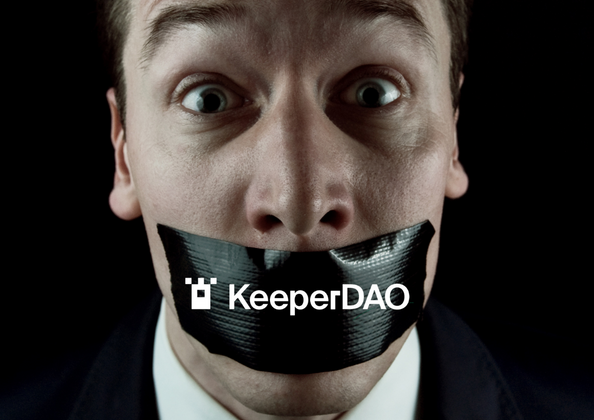ROOK’s CEO Hazard recently addressed token holders’ concerns about the project’s progress, citing their clientele’s preference for staying quiet as the reason for their recent silence on progress and lack of a roadmap. ROOK DAO is a decentralized autonomous organization (DAO) that is designed to capture transaction value on Ethereum. However, some members of the DAO are unhappy with the project’s progress and have proposed to dissolve the DAO and split its treasury, worth nearly $50 million in various cryptos, between holders of the ROOK token. According to ROOK’s CEO, Hazard, the DAO is bound by the will of the order flow providers, who are the customers and always right.
ROOK’s token has been trading sideways this year, despite the rally of other crypto assets. At press time, it was trading around $15.71, up 12% in 24 hours. On a call, ROOK’s CEO Hazard downplayed the importance of the token and cautioned speculators not to think it will perform based on the output of ROOK. ROOK token gives its holders voting power in decisions put before the DAO. Hazard also noted that the token should not be seen as a security, and that its performance should not be judged on the output of ROOK. He urged speculators to be mindful of the risks associated with investing in crypto assets.
The Rook Network, a blockchain-based platform, has recently held a call with its Decentralized Autonomous Organization (DAO) to discuss its operations. However, the DAO has had little operational say in what ROOK has been doing and there has been little transparency into what ROOK’s management has been doing. On the call, ROOK’s CEO acknowledged this and attributed it to the “large projects” interested in using ROOK, as their constraints have caused the company to be more secretive. The call was an effort to provide more transparency and to ensure that the DAO is involved in the decision-making process.
ROOK recently held a call to discuss its roadmap. However, the call was met with criticism from some members of the community, who argued that the lack of transparency in the roadmap was a problem. ROOK’s founder, Hazard, acknowledged the need for more public information, but did not provide any concrete plans. This has led some to question whether the project can still be governed by a DAO, which relies on public information to operate.













